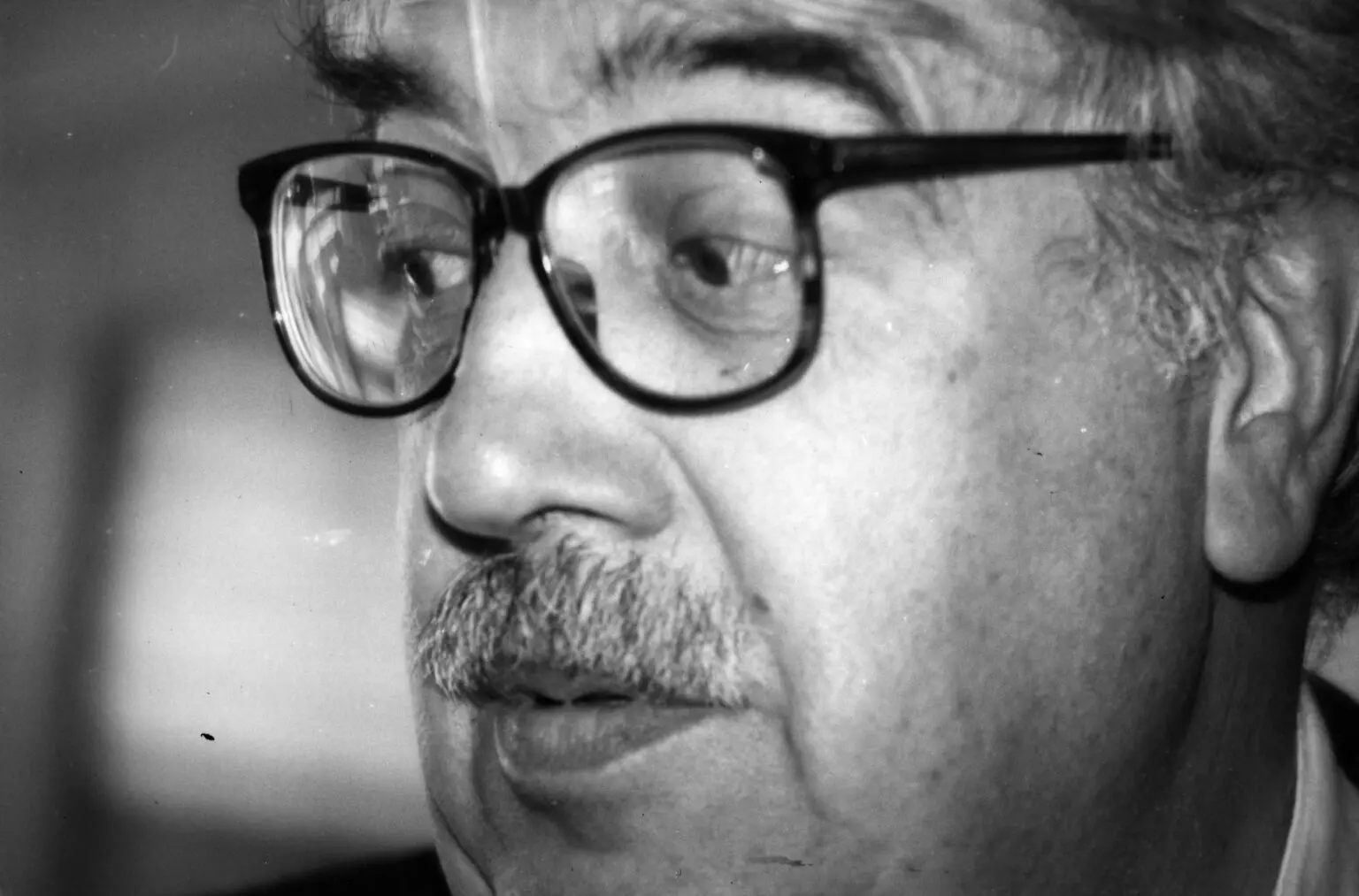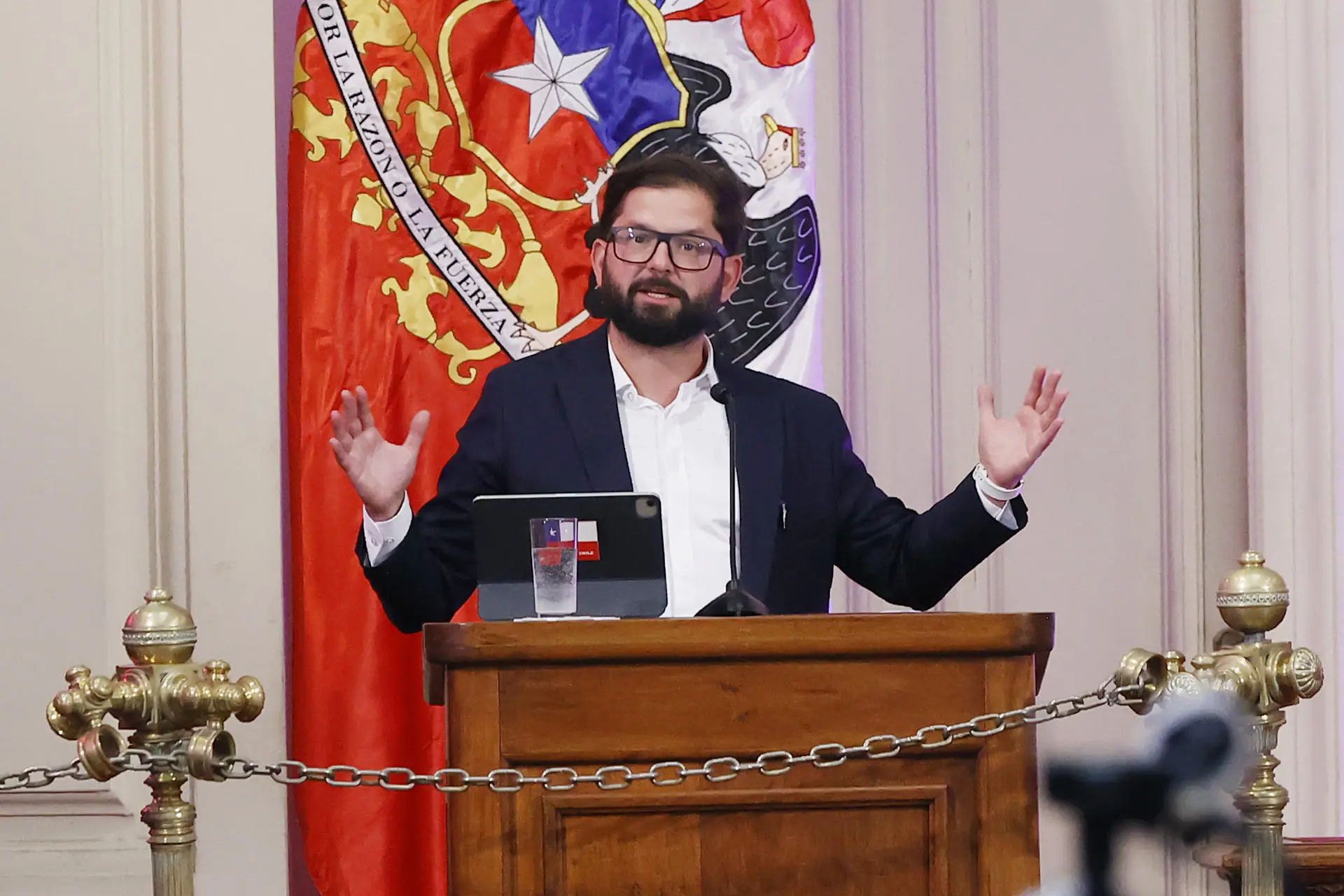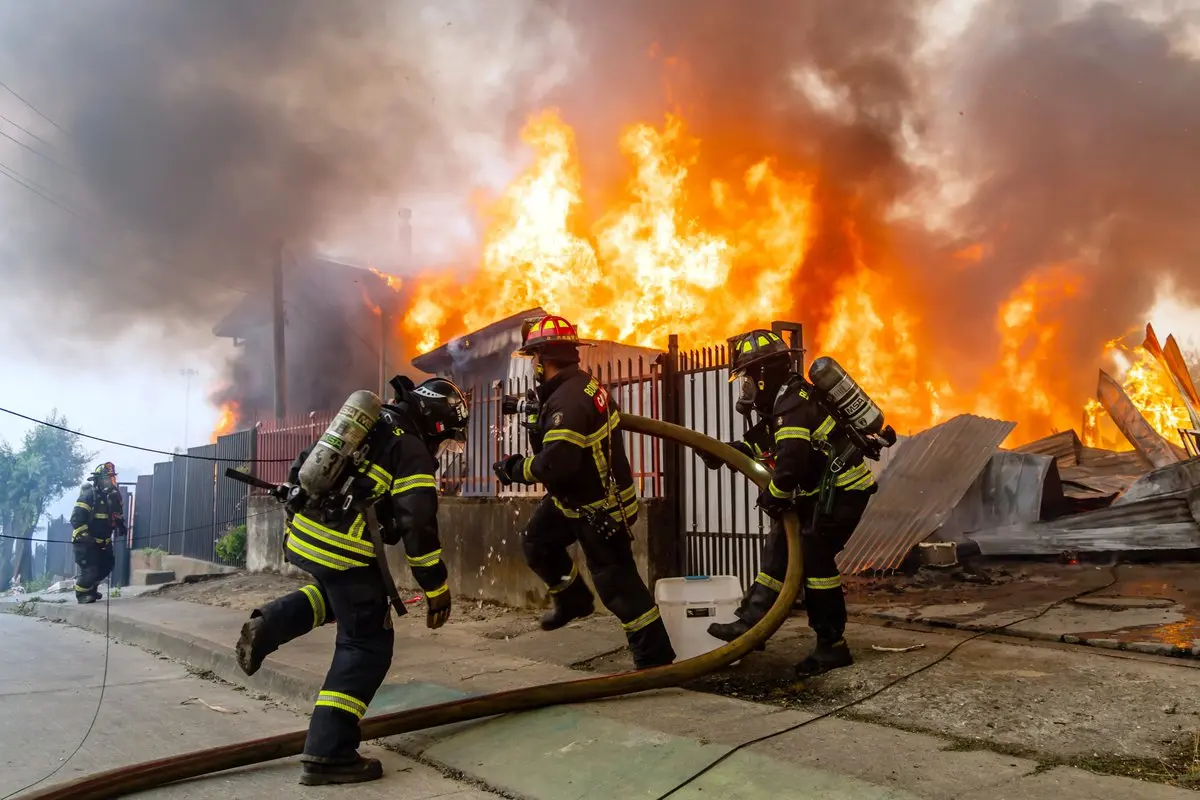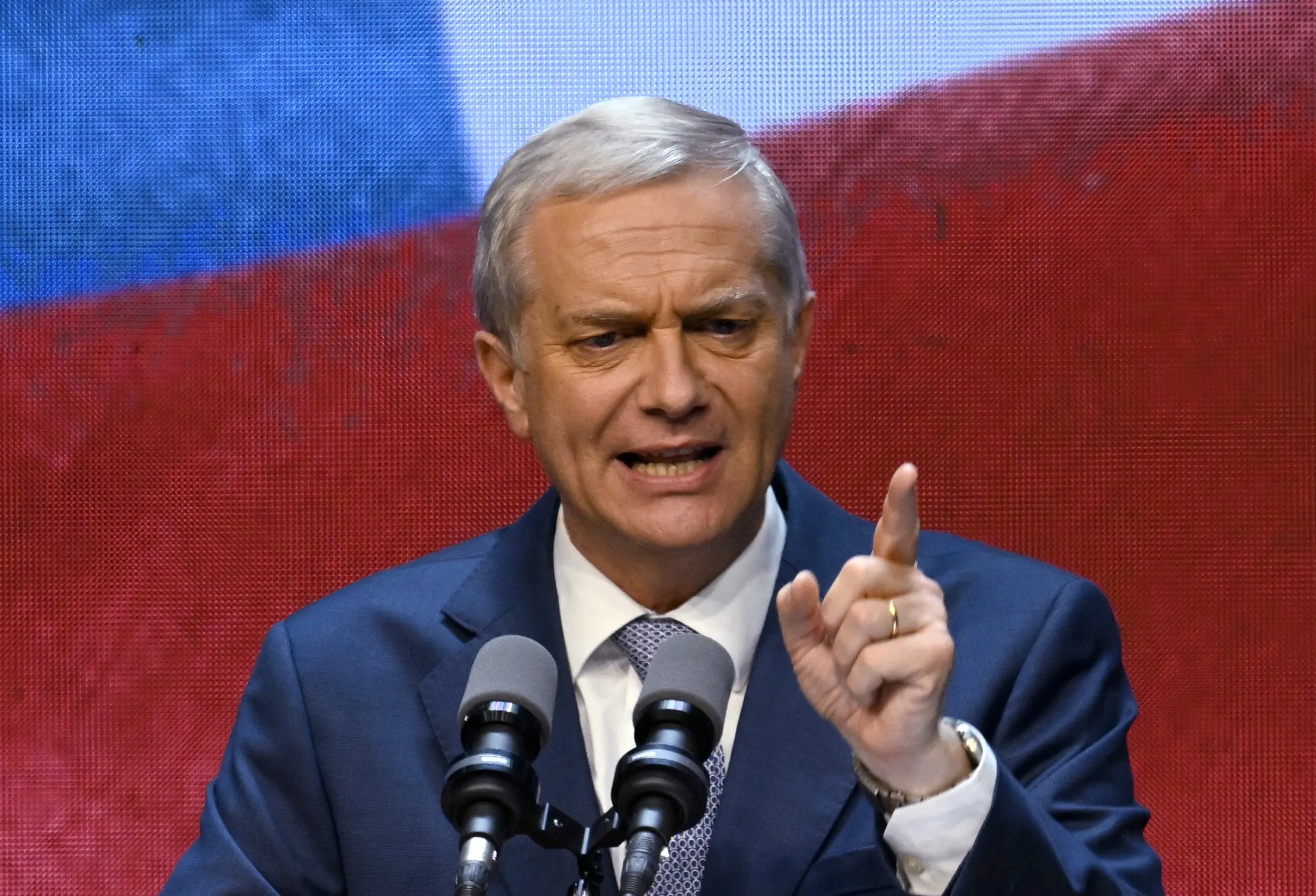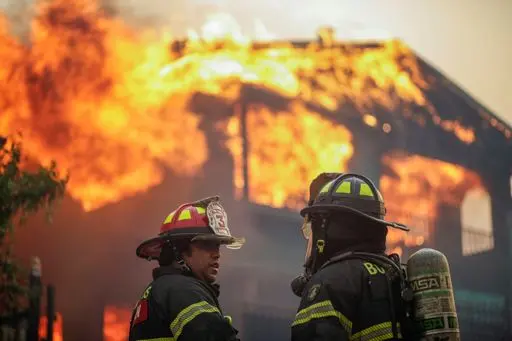Mapuche Leader Julia Chuñil Has Been Missing for Seven Months in Chile

A Chilean woman holds a portrait of Julia Chuñil, June 2025. X/ @adnradiochile
June 9, 2025 Hour: 12:42 pm
Her disappearance came after she had received repeated threats from a lumber businessman.
On Monday, Chilean social, territorial and humanitarian organizations held demonstrations demanding that President Gabriel Boric’s government accelerate investigations into the disappearance of Mapuche leader Julia Chuñil.
RELATED:
Bedouins and Mapuches: One Fight for Land and Identity
This 73-year-old woman, who was president of the Putreguel community, was last seen Nov. 8, 2024, when she left her home to feed her animals. The incident occurred in the Los Ciruelos, in the Marfil commune, Los Rios Region.
Her disappearance came after she had received repeated threats from businessman Carlos Morstadt Andwanter, who owns the land that Chuñil had reclaimed. Indigenous communities have identified him as the primary suspect in her disappearance.
Chuñil was a staunch environmental defender and worked to protect native forests. Her case comes amid a growing number of threats against land and environmental defenders.
Indigenous organizations and Chuñil’s family have criticized the Public Ministry’s investigation, calling it slow, ineffective, and lacking commitment — pointing to what they describe as serious institutional negligence and political maneuvering.
The text reads, “In Chile, as in the worst days of the dictatorship, social and environmental leaders who dare to challenge economic power continue to disappear! Where is Julia Chuñil!”
Lucia Sepulveda, a member of the group “Day After Day Supporting Julia Chuñil,” alleged that prosecutors targeted, detained and mistreated Chuñil’s daughter, Jeanette San Martin.
The family’s attorneys have also publicly denounced abuses, threats, and criminalization by state agents, citing “institutional racism” that deepens the suffering of those seeking justice.
The Chuñil case reflects what advocates say is a long-standing policy of criminalization against the Mapuche people, whose territories have been under a ‘State of Emergency’ for the past three years. Her disappearance highlights threats facing other land defenders in a national context that allows extractive industries to operate with impunity.
Authorities have failed to uphold the commitments Chile made when signing the Escazu Agreement, which includes protections for environmental defenders, said Juan Carlos Cardenas, director of the Ecoceanos Center. He emphasized that unity and collective mobilization are the only effective forms of protection.
In this context, public support for Chuñil’s family has grown, fueling a wave of demonstrations, forums, marches, rallies, and cultural events.
On Monday, the “Day After Day Supporting Julia Chuñil” group held an event at the foot of Cerro Huelen, featuring artists such as Mauricio Redoles and poet Palomo Arriagada. Similar activities are scheduled throughout June in Arica, Antofagasta, Valparaiso, Talca, Concepcion, Puerto Montt, and Valdivia.
teleSUR/ JF
Sources: Prensa Latina – La Izquierda Diario


